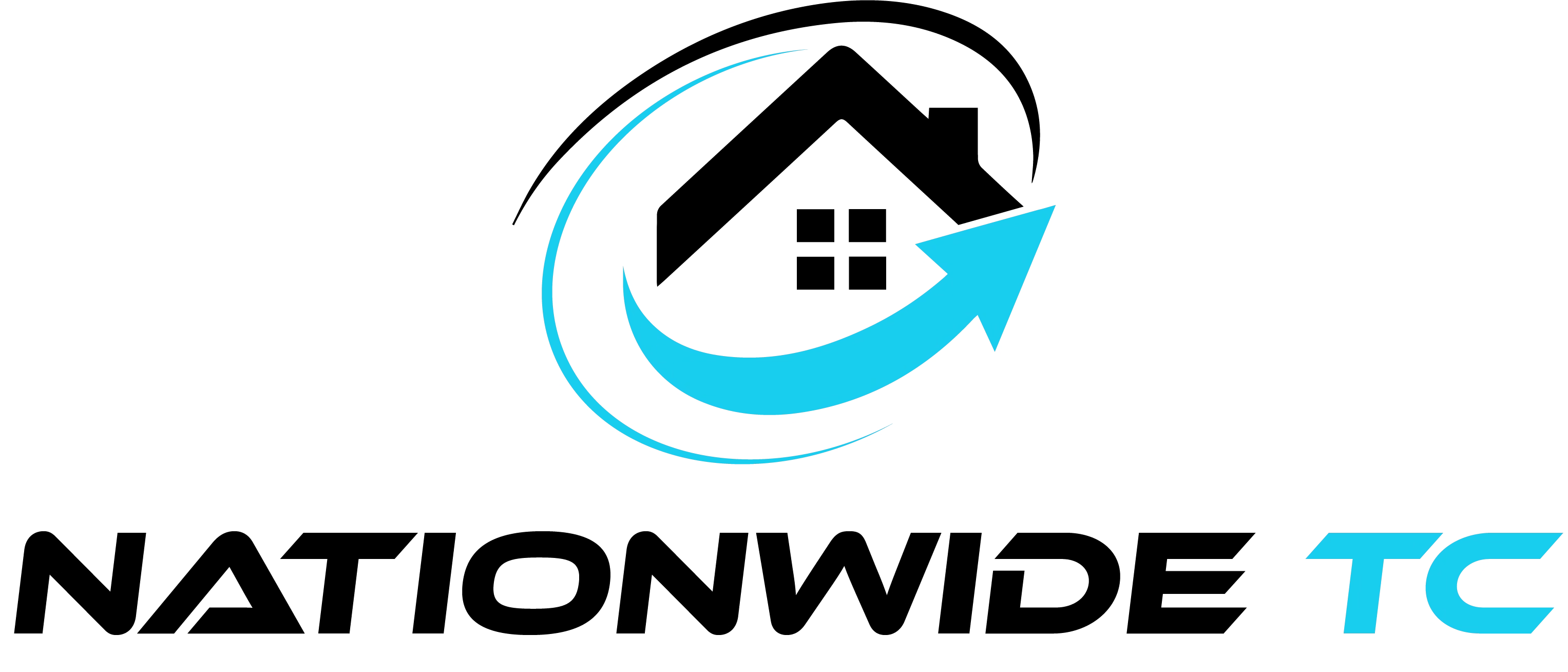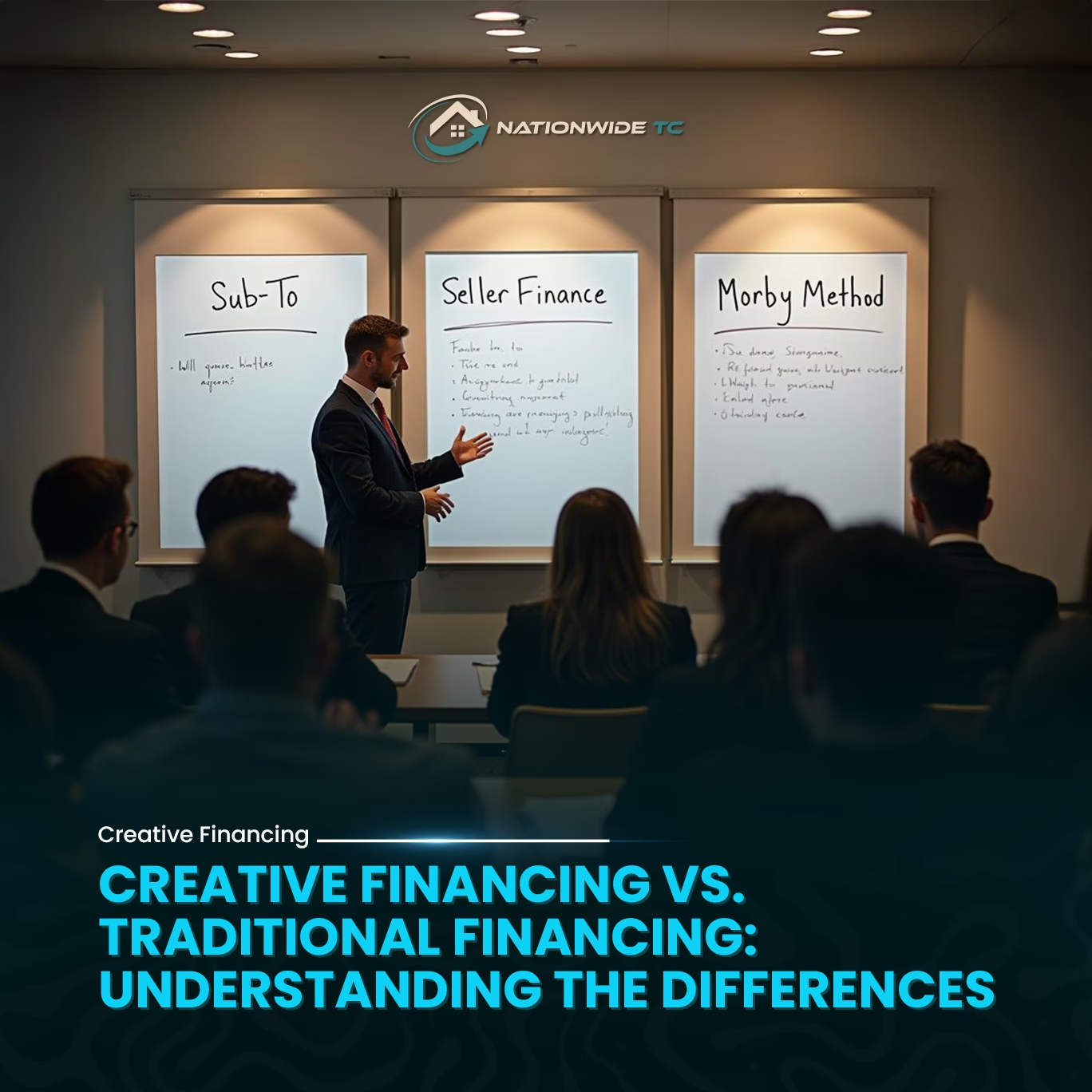No products in the cart.

How Investors Use Private Money Lending and Hard Money Lending
Real estate investing requires speed, creativity, and strategy. As a result, traditional financing often moves too slowly for competitive deals. Fortunately, that’s where private money lending and hard money lending shine. Moreover, these alternative funding sources provide speed and flexibility. Therefore, they give investors a way to secure high-potential properties quickly. In this guide, here’s how these financing options work, their benefits, and how investors like Felix and Odessa use them effectively.
What is Private Money Lending?
Private money lending involves loans from individual investors or small groups. As a result, these lenders operate outside traditional financial institutions. Consequently, they can offer personalized terms and fast approvals.
Felix, a seasoned investor, uses private money lending to close deals banks won’t touch. For example, he bought a distressed duplex in less than two weeks. Because of this, the property needed extensive repairs, and traditional lenders refused to finance it. Instead, a private lender evaluated the future value instead of the current state. Ultimately, Felix secured the funds and transformed the property into a rental success.
How Private Money Lending Helps Investors
Private money lending is tailored for investors needing quick and creative solutions. As a result, it allows flexibility in securing deals. For example, Odessa, a first-time investor, used private lending to compete in a bidding war. Consequently, she secured a single-family home by offering a 10-day closing timeline.
Investors prefer private lenders for several reasons:
Firstly, private lenders don’t have rigid requirements. Instead, they focus more on the property than the borrower’s credit. Secondly, these loans often close within days. Therefore, investors can act quickly in fast-moving markets. Lastly, lenders emphasize the property’s after-repair value (ARV) rather than its current condition. Thus, they help fund properties banks may overlook.
Felix and Odessa agree that private money lending opens doors traditional loans can’t. Ultimately, it provides unique opportunities for real estate success.
What Sets Hard Money Lending Apart?
Hard money lending is similar to private lending but typically comes from companies or lending groups. These loans often finance fix-and-flip projects or bridge funding for investors.
For example, Felix used hard money lending to secure a warehouse he planned to convert into office space. The process took less than a week, allowing him to outpace another buyer. The warehouse needed immediate repairs, so Felix relied on the fast funding hard money lending offers.
Key Features of Hard Money Lending
Hard money loans focus on speed and leniency. While they share similarities with private money lending, there are differences:
- Short-Term Loans: Hard money loans usually range from 12 to 36 months.
- Higher Interest Rates: Expect rates between 8% and 15%, with upfront fees called points.
- Strict Purpose: These loans work best for quick sales, rehabs, or refinances.
Hard money lending allowed Felix to turn his warehouse into a high-value asset within six months.
Why Use Private Money Lending and Hard Money Lending?
Both private money lending and hard money lending offer distinct advantages. Investors like Odessa use them to close deals quickly. Transitioning from traditional to alternative financing was a game-changer for her portfolio growth.
Advantages of Private Money Lending
Private money lending offers unique benefits for investors:
- Speed: Traditional loans take weeks. Private loans often close in under a week.
- Flexibility: Lenders adapt terms to fit the deal.
- Creative Deals: Investors can finance distressed or unconventional properties.
Odessa closed a deal on a historic home using private lending. No bank would fund the repairs, but her private lender believed in the property’s future potential.
Benefits of Hard Money Lending for Real Estate Deals
Hard money lending is perfect for high-pressure or time-sensitive opportunities:
- Rapid Approval: Hard money lenders approve loans in days, not weeks.
- Lenient Requirements: They focus on the property’s value, not the borrower’s finances.
- Bridge Financing: These loans help bridge gaps between purchase and refinance or sale.
Felix used hard money lending to grab an undervalued apartment building. The seller needed a fast close, and Felix delivered.
When to Choose Private Money Lending Over Hard Money
Both funding types have their place in real estate investing. However, private money lending offers advantages for longer-term strategies.
Odessa partnered with a private lender for a three-year rental property loan. This option gave her more time and lower costs than hard money lending.
Challenges of Private and Hard Money Lending
While effective, these funding sources aren’t perfect. For instance, higher interest rates can eat into profits. Felix learned this the hard way when his rehab project ran over budget. Despite this, the property sold quickly, making the higher costs worthwhile.
Investors must also prepare a solid exit strategy. Loans are short-term, so a clear plan to sell or refinance is crucial. Odessa always builds contingency plans into her project timelines.
Real Estate Deals Perfect for Private Money Lending
Private money lending works best for unconventional deals:
- Distressed Properties: Funding repairs banks won’t approve.
- Quick Closures: Securing competitive properties fast.
- Unique Ventures: Financing properties outside traditional criteria.
Odessa successfully flipped a foreclosed property using private money lending. She turned a fixer-upper into a cozy family home within six months.
Why Investors Should Consider Hard Money Lending
Hard money lending fits specific types of deals:
- Fix-and-Flip Projects: Funding quick rehabs for resale.
- Bridge Financing: Covering gaps between acquisitions and refinances.
- Auction Properties: Fast funding for competitive purchases.
Felix bought a duplex at an auction using hard money. He completed renovations and sold it for double the purchase price.
Combining Private and Hard Money Lending
Some investors combine both options for strategic advantage. Odessa and Felix partnered on a multi-family project. Odessa secured the property using private money. Felix used hard money for rehab costs. This approach kept costs manageable while maximizing their profit potential.
Is Private or Hard Money Lending Right for You?
Both options help investors like Felix and Odessa achieve their goals. However, the right choice depends on the deal.
- Use private money lending for flexibility and longer timelines.
- Choose hard money lending for quick projects with clear exit plans.
Conclusion
Private money lending and hard money lending are essential tools for real estate investors. When used strategically, they offer speed, flexibility, and opportunity. Felix and Odessa have proven that the right funding can transform ambitious plans into successful ventures.
Click here to learn more about why Creative Finance!
Book a Free 15 Minute Call Today and Find Out More About Our Services!













